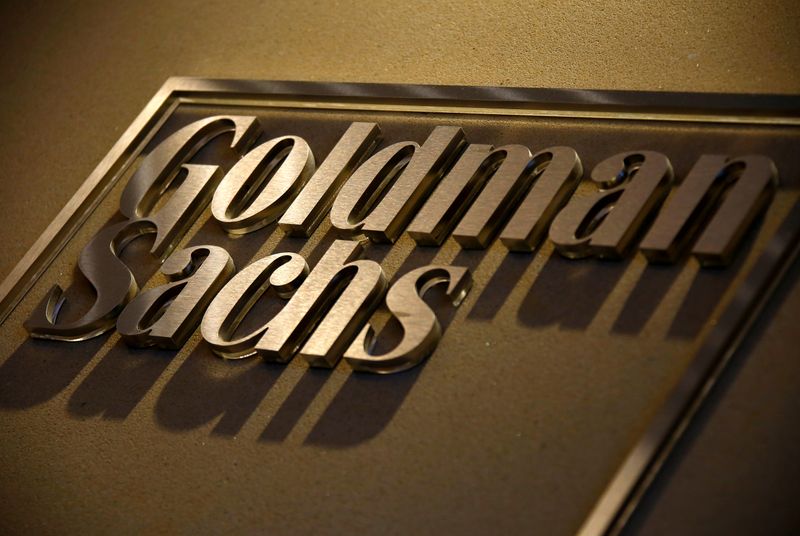By Jonathan Stempel
NEW YORK (Reuters) - Goldman Sachs Group Inc (NYSE:GS) must face a shareholder class action accusing the bank of hiding conflicts of interest, including behind-the-scenes dealings with a prominent hedge fund manager, when creating risky subprime securities before the 2008 financial crisis.
In a 2-1 decision on Tuesday, the 2nd U.S. Circuit Court of Appeals in Manhattan said Goldman failed to overcome a legal presumption that shareholders relied on its pledges to guard against conflicts, when deciding to buy the bank's stock.
These included alleged misstatements that client interests "always come first" and "integrity and honesty are at the heart of our business."
The court also rejected Goldman's argument that allowing class actions based on "general" misstatements would turn securities fraud claims into "a form of investor insurance," exposing companies to a flood of baseless litigation.
"We are not blind to the widespread understanding that class certification can pressure defendants into settling large claims, meritorious or not, because of the financial risk of going to trial," Circuit Judge Richard Wesley wrote. "But our law already beats back this parade of horribles."
Goldman spokeswoman Maeve DuVally said the bank intends to ask the entire appeals court to review the decision.
The lawsuit led by three pension plans said Goldman fraudulently overstated its ability to manage conflicts, causing more than $13 billion of losses for shareholders from February 2007 to June 2010.
Thomas Dubbs, a lawyer for the shareholders, said they were pleased with the decision and look forward to proceeding to trial.
The case arose from several collateralized debt obligations including Abacus 2007 AC-1, the centerpiece of a U.S. Securities and Exchange Commission probe that led to a $550 million Goldman civil settlement in 2010.
Goldman admitted it was a "mistake" not to reveal it had allowed hedge fund manager John Paulson to choose some mortgages to include in Abacus, and that he bet against the CDO through short sales.
Paulson made a roughly $1 billion profit at the expense of CDO investors.
Wesley rejected Goldman's claim that only in "special circumstances" could a court find that if revelations of bad news caused a company's stock to fall, it could infer that the price had previously been inflated by the same amount.
Circuit Judge Richard Sullivan dissented. He said the class should be decertified because Goldman had offered "persuasive and uncontradicted" evidence that earlier disclosures of its alleged conflicts did not affect its stock price.
The case was returned to U.S. District Judge Paul Crotty in Manhattan, who certified the class action in August 2018.

The case is Arkansas Teacher Retirement System et al v. Goldman Sachs Group Inc et al, 2nd U.S. Circuit Court of Appeals, No. 18-3667.